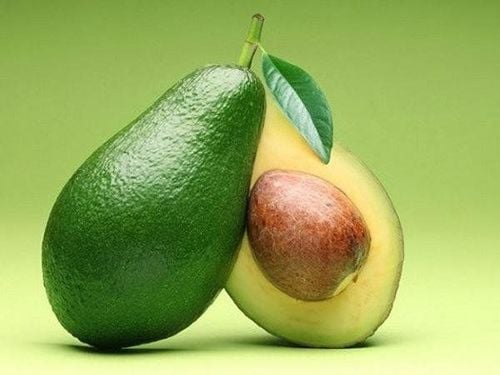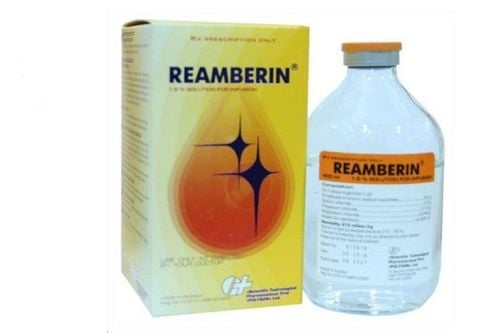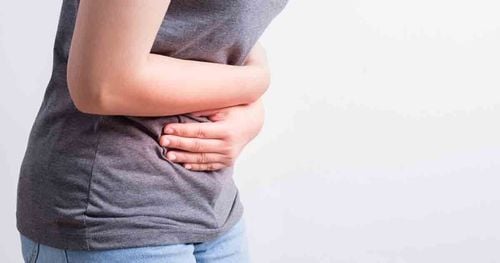A healthy, balanced diet during chemotherapy treatment for cancer is important to keep your body functioning optimally. Foods that taste mild, are easy to digest and are rich in nutrients are one of the best options.
What should you eat during cancer chemotherapy? Here are 10 types of foods you should include during chemotherapy.
1. Oatmeal
Oatmeal is packed with carbohydrates, protein, and antioxidants, as well as more healthy fats than most other grains. It also helps balance your gut, as it contains beta-glucan, a type of soluble fiber that feeds the good bacteria in your gut.
The tasteless nature and smooth texture of oatmeal are especially beneficial if you’re experiencing common chemotherapy side effects like dry mouth or mouth sores.
2. Avocado
Loss of appetite is a common symptom during cancer chemotherapy. In this case, eating avocado can help provide the necessary calories and nutrients to your diet.
Avocados are rich in healthy monounsaturated fats, which can help reduce LDL (bad) cholesterol and increase HDL (good) cholesterol. They are also high in fiber, which helps increase stool bulk and nourish the beneficial bacteria in your gut.
Avocados are considered a nutritious addition during chemotherapy, helping to alleviate symptoms like dry mouth, constipation, and mouth sores. You can mash them and spread them on toast or slice them to top your bowl of cereal, beans, or soup.

3. Eggs
Fatigue is a common side effect of chemotherapy. Eggs can help reduce fatigue thanks to their rich supply of protein and fat.
One egg (44 grams) contains about 6 grams of protein and 4 grams of fat. Fat provides energy for the body, while protein helps build and maintain muscle mass, which is especially important during chemotherapy. The combination of protein and fat in eggs helps replenish essential nutrients, relieving fatigue. In addition, the soft texture of eggs is suitable for patients undergoing chemotherapy who have mouth ulcers.
Make sure that eggs are cooked thoroughly, with both yolks and whites fully cooked, to prevent food poisoning.
4. Broth
Changes in taste are common during chemotherapy, and water may start to taste different. In these situations, broth is an excellent alternative to keep you hydrated.
The broth is made by simmering vegetables and herbs, and sometimes adding meat or poultry, along with bones if desired. During this process, electrolytes dissolve into the broth, including nutrients such as sodium, potassium, chloride, and calcium, which help keep your body functioning normally. Sipping on broth is very beneficial if you're losing electrolytes due to vomiting, sweating, or diarrhea.
If you're feeling hungry, you can add chicken, tofu, or vegetables to the broth. Using broth can also soothe mouth sores if you're experiencing them. To supplement nutrients, especially when dealing with dry mouth or loss of appetite, you can add a spoonful of flavorless protein powder, like collagen powder.
However, keep it plain and simple, sipping it if you are feeling nauseous or vomiting. The broth is great when experiencing this because it lacks fiber, making it easier to digest.
Plain broth helps keep you hydrated and replenished, especially if your water starts to taste different during chemo. You can add vegetables or protein if you feel like you can handle solid foods.
5. Almonds
Almonds are a rich source of manganese and copper, providing about 27% and 32% of the daily value, respectively, per 1 ounce (28 grams).
These minerals form superoxide dismutases, some of the body’s most powerful antioxidants. These help fight free radicals that damage cells. However, if you have mouth ulcers, these nuts may not be easy to eat.
6. Pumpkin Seeds
What should you eat during cancer chemotherapy? Pumpkin seeds are rich in fats, protein, and antioxidants like vitamin E, which help reduce inflammation effectively.
Some cancer treatments, such as blood transfusions, can increase the risk of iron overload or excess iron in the body. If you experience symptoms of excess iron, you should reconsider the amount of pumpkin seeds and other iron-rich foods in your diet.
7. Broccoli and other cruciferous vegetables
Cruciferous vegetables, especially broccoli, provide a significant amount of vitamin C, which is important for the immune system. In addition, broccoli contains sulforaphane, a plant compound that has been shown to improve brain health. Research has shown that sulforaphane reduces inflammation and protects brain cells from damage, positively impacting brain health.
8. Nutrition during cancer chemotherapy with homemade smoothies
Homemade smoothies are an excellent option for cancer patients undergoing chemotherapy who have difficulty chewing solid food or are not getting enough nutrients in their diet.
You can choose good ingredients depending on your symptoms or based on your personal taste preferences.

9. Bread or crackers
White bread or crackers are a good choice when you are suffering from diarrhea or nausea because they are easy to digest.
Salty crackers are especially useful for replenishing sodium lost through vomiting or diarrhea.
10. Fish
Fish nutrition helps people undergoing chemotherapy provide protein and omega-3 fatty acids. Omega-3s are important fats that you must get through your diet. They have anti-inflammatory properties and support brain health. Plus, eating plenty of protein and healthy fatty foods like fish can help you avoid unhealthy weight loss during treatment.
Salmon, mackerel, albacore tuna and sardines are particularly high in this type of fat. Fatty fish like salmon and herring are good sources of vitamin D, essential for the immune system and bones. In fact, one small piece of salmon (170 grams) provides 113% of the daily value.
Steam, fry or grill fish with lemon juice. Use a thermometer to make sure the internal temperature is at least 145°F (63°C) - or 165°F (74°C) if you're reheating.
Fish is a rich source of omega-3 fatty acids and vitamin D. Also, eating foods rich in fats and proteins like fish that are high in omega-3 fatty acids helps prevent unhealthy weight loss and vitamin D is important for Immune System. It's best to eat two servings of fish per week.
Summary
Chemotherapy can cause various side effects, including dry mouth, taste changes, fatigue, mouth sores, and nausea. These side effects can make eating difficult or unpleasant. Knowing which foods to eat—such as bland foods for mouth sores and moist or smooth textures for dry mouth—helps nourish the body during cancer treatment.
It is beneficial to bring nutritious, portable foods to your appointments. To reduce the risk of food poisoning, practice food safety. However, if you experience difficulty chewing or swallowing during treatment, consult your doctor for a check-up and advice.
To arrange an appointment, please call HOTLINE or make your reservation directly HERE. You may also download the MyVinmec app to schedule appointments faster and manage your reservations more conveniently.








